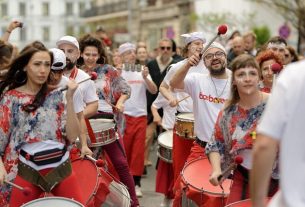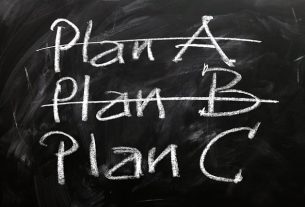Local businesses can enhance their events through community-focused planning. This involves gathering feedback from residents and stakeholders via surveys and focus groups to understand needs, interests, and preferences. By aligning event themes with demographic analysis and popular trends, businesses create tailored, engaging experiences that strengthen local ties, foster positive perceptions, and drive successful event outcomes for Local Businesses.
Community outreach events are a powerful tool for local businesses to connect, engage, and grow. Effective event planning starts with understanding community needs and interests. This involves assessing target demographics, their preferences, and gauging local trends through surveys, focus groups, and cultural observations. By integrating these insights, businesses can develop diverse and captivating concepts, from workshops to festivals, that resonate with the community. Successful execution relies on meticulous logistics management, strategic partnerships, and targeted marketing, ensuring events cater to both attendees and sponsors alike.
- Assessing Community Needs and Interests
- – Identifying target demographics and their preferences
- – Conducting surveys and focus groups to gather input
Assessing Community Needs and Interests

Effective event planning for local businesses begins with assessing community needs and interests. By understanding the unique requirements and passions of your target audience, you can create events that resonate deeply with attendees. This involves gathering feedback from the community through surveys, focus groups, or even informal conversations to gauge what events they would find valuable and engaging.
Community outreach goes beyond just identifying needs; it’s also about fostering relationships. Engaging directly with local residents, business owners, and community leaders allows for a more nuanced understanding of the community’s dynamics and priorities. This collaborative approach ensures that event planning aligns not only with what people need but also with what they care about, strengthening ties within the local ecosystem in the process.
– Identifying target demographics and their preferences

When planning community outreach events, understanding your target demographics is key. Local businesses looking to engage with their community must identify specific groups based on age, interests, and cultural backgrounds. This demographic analysis allows for tailored event themes that resonate with attendees, fostering a deeper connection. For instance, a local bakery might host a family-oriented baking workshop, while a tech startup could organize a coding workshop targeted at youth.
Event planners should also consider community preferences by researching popular activities and formats. Surveying past participants or analyzing social media trends can reveal what types of events have been well-received. Incorporating these insights into planning ensures that outreach efforts are not only effective but also enjoyable for the intended audience, enhancing participation and creating a positive association with the hosting business.
– Conducting surveys and focus groups to gather input

Community outreach events, a strategic move for local businesses looking to connect with their target audience, begin with thorough planning. Event planners often employ surveys and focus groups as powerful tools to gather valuable input from the community. By reaching out to potential attendees, residents, and stakeholders, businesses can tailor their events to align with the community’s needs, interests, and preferences. This participatory approach ensures that the event is not only engaging but also relevant, fostering a positive perception of the company within the local landscape.
Surveys provide quantitative data, offering insights into demographics, preferences, and expectations. Focus groups, on the other hand, facilitate in-depth discussions, uncovering qualitative feedback. Combining these methods allows for a comprehensive understanding of the community’s dynamics, enabling event planners to create inclusive experiences that resonate with attendees. This dual approach is key to successful event planning for local businesses, aiming to build stronger relationships within their own backyard.
By understanding the unique needs and interests of their communities, local businesses can transform event planning into a powerful tool for engagement. Assessing demographics and gathering feedback through surveys and focus groups allows for the creation of meaningful experiences that resonate with attendees. This strategic approach to event organization fosters stronger connections within the community, ultimately driving business success and fostering a thriving local environment. Through effective outreach, these initiatives ensure that events cater to the people they aim to serve, making them memorable and impactful for all involved.



